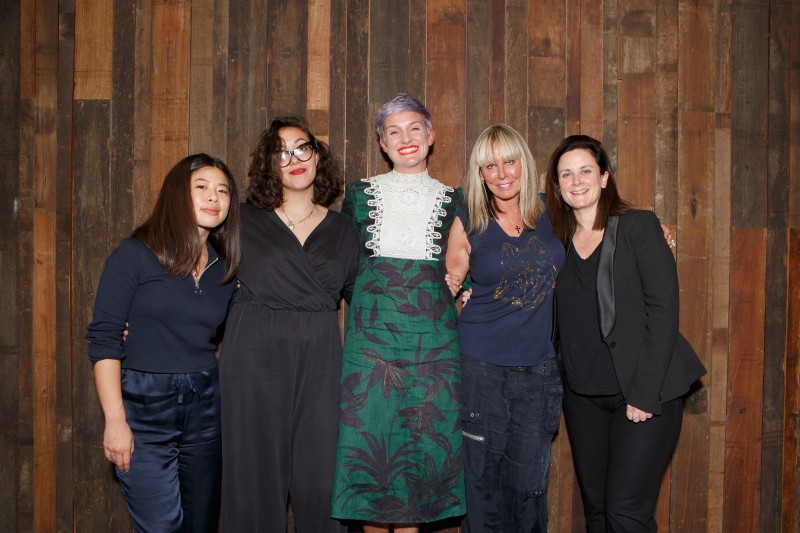On 27th of September, I was lucky enough to host a panel of fiercely talented women, each making waves in their respective industries, as they talked to a room full of creatives about self-promotion and bigging yourself up in the workplace.
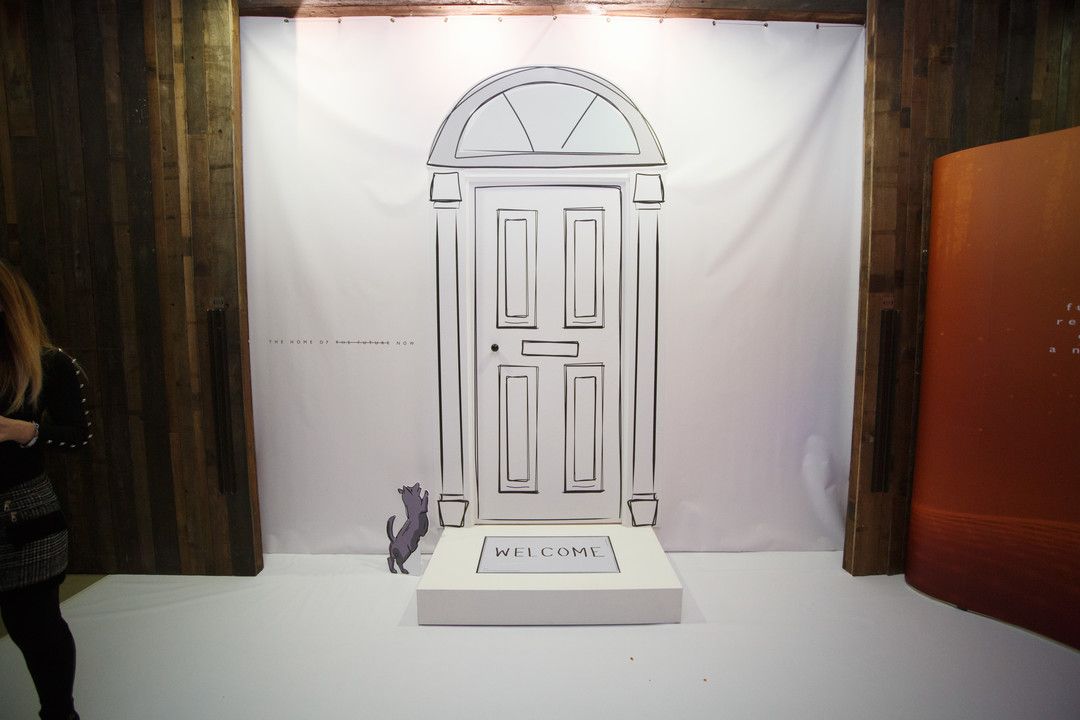
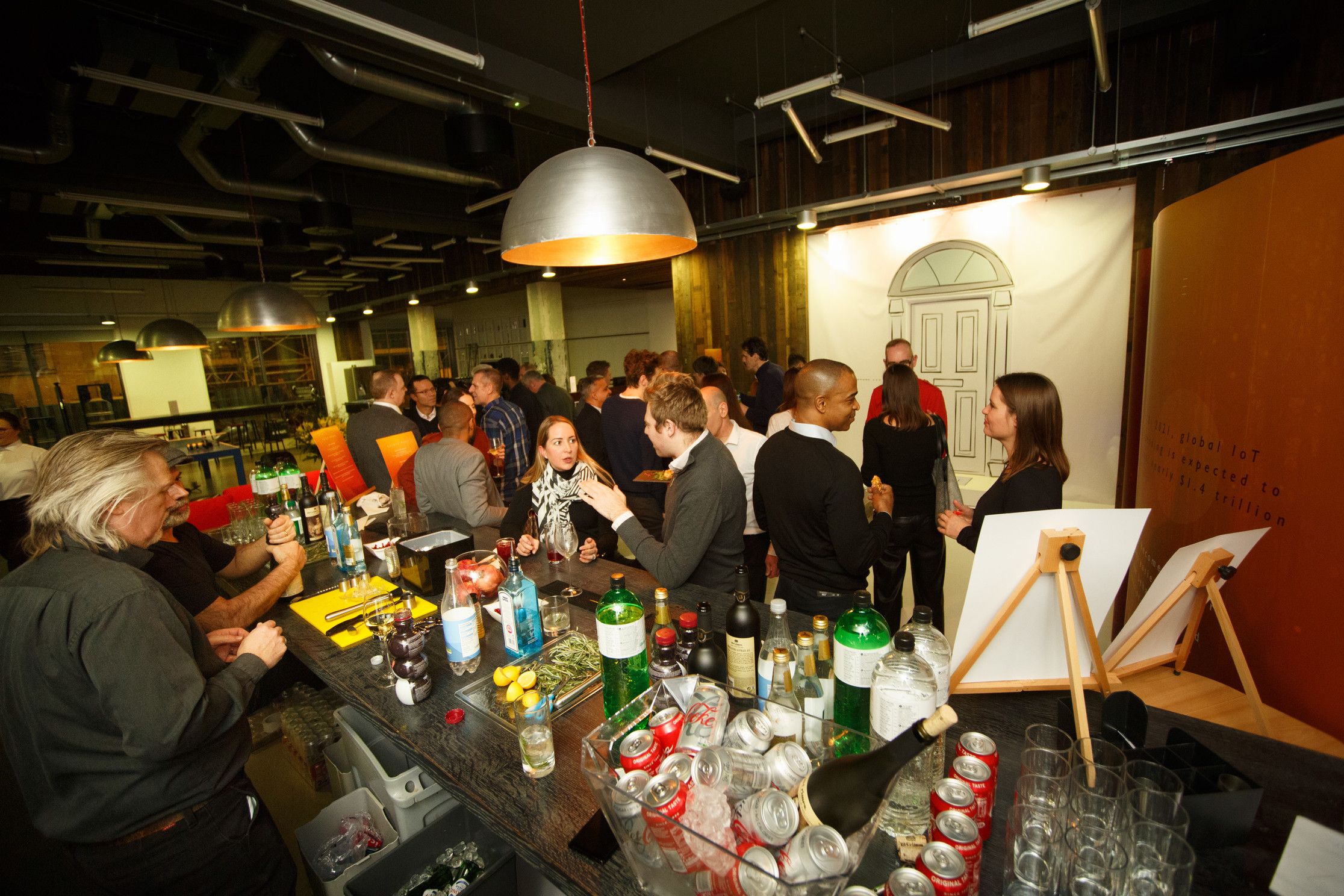
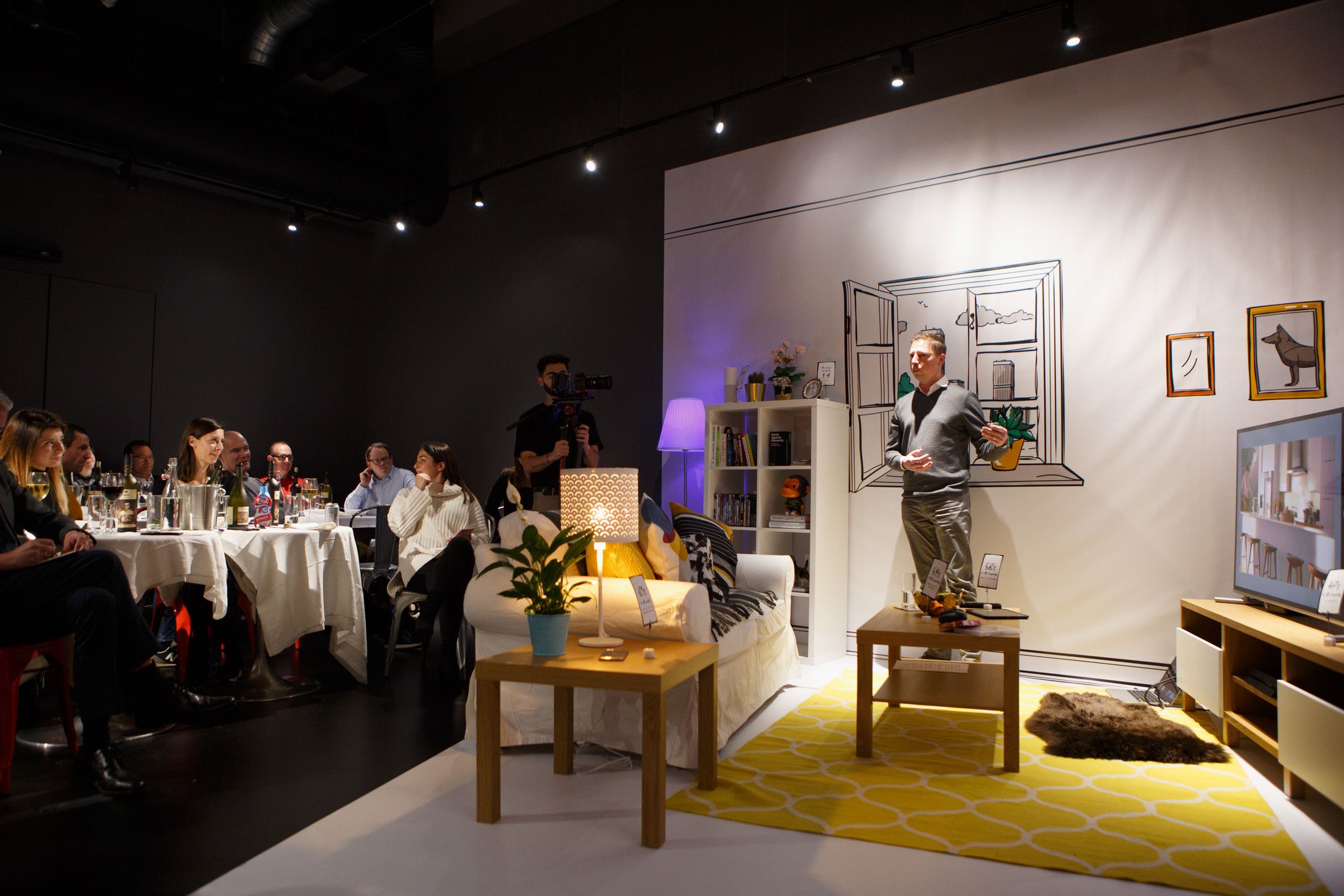
About 80 people (plus Brody the delicious poodle x border terrier), buoyed up on wine and cheese, squeezed themselves into the Hangar to hear Laura Gregory, founder and executive producer at Great Guns; Sinead Bunting, European VP of marketing at Monster; Tash Tung, visual artist and director at Believe Media and Nadira Amrani, writer, producer and director at Blink Productions, sharing pearls of wisdom from behind their mics.
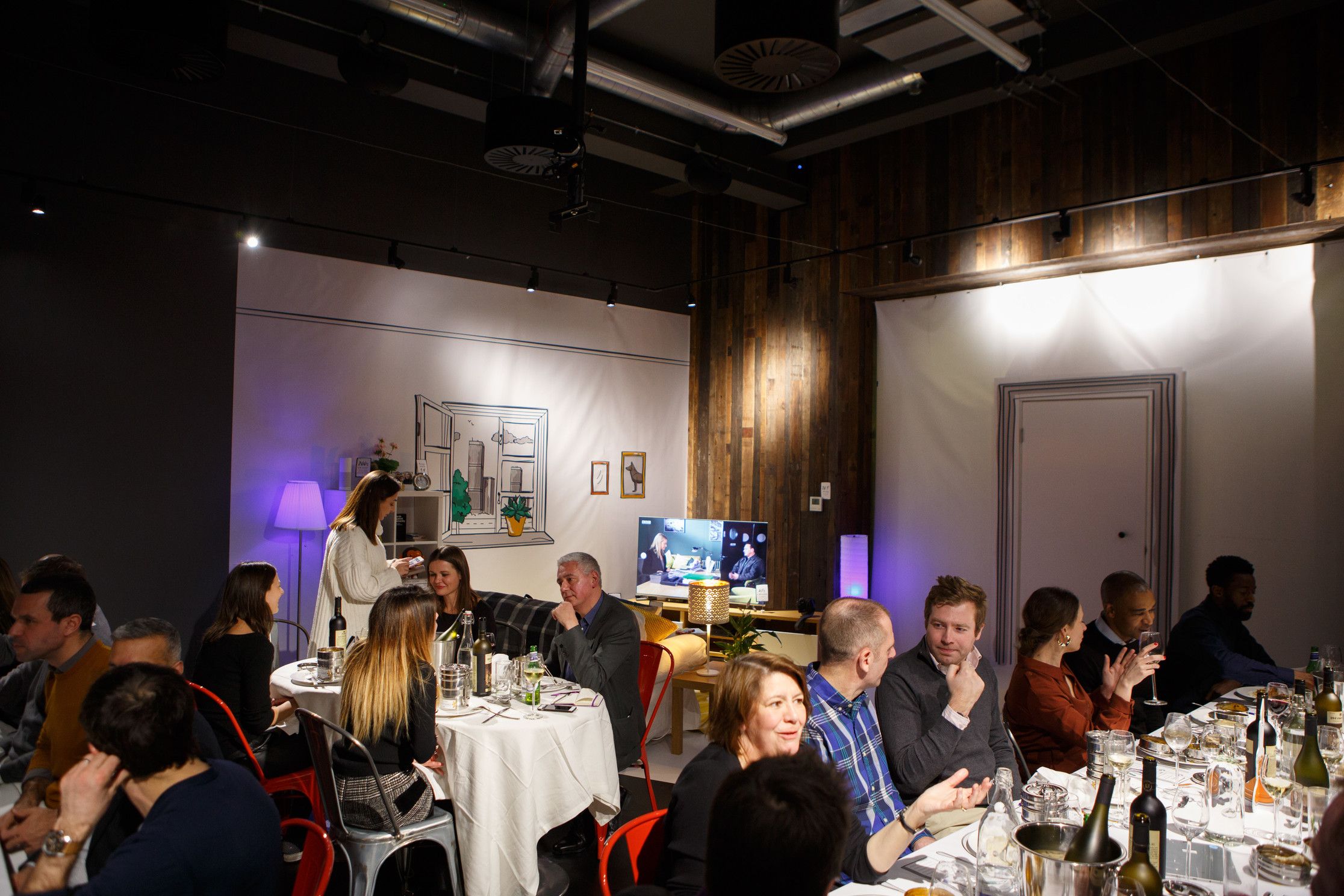
The audience weren’t disappointed, with the panel not only dishing out personal stories and experiences but insightful, practical tips, covering everything from pitching your work to the importance of what language we use in the workplace.
We quickly got stuck into why so many women (me very much included) feel unable to sell their abilities and experience.
Sinead pointed to how girls are socialised — “We’re told: ‘Be a good girl, don’t show off,’ while boys are encouraged to go outside and get dirty.” Laura added that women are so used to having to do everything, that it doesn’t really even occur to us to boast about it.
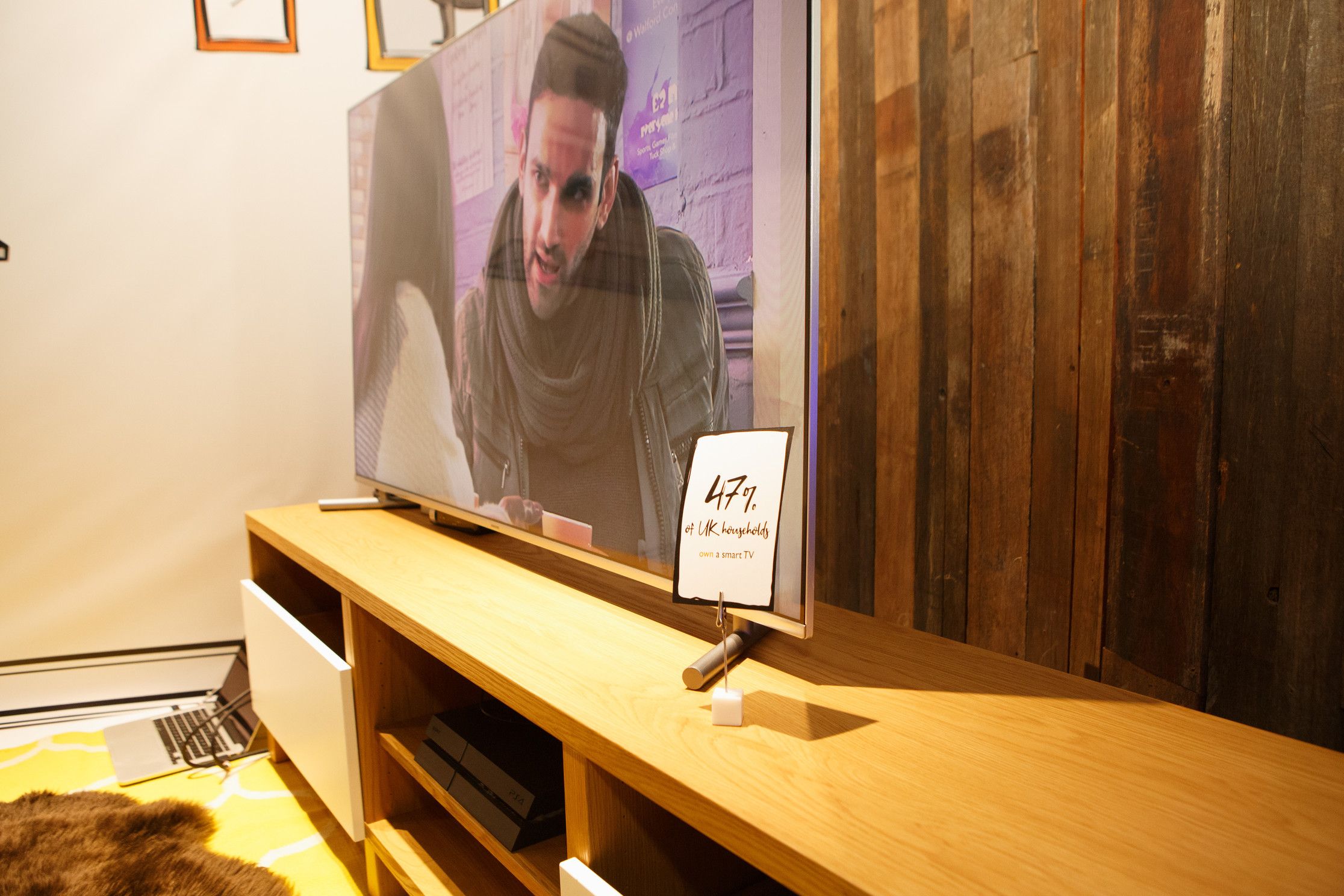
The topic is a multi-faceted one and there is a plethora of complex and layered reasons why there are so few women at the top of the film and advertising industries — and the panel got stuck into that too.
“What needs to change at a decision-making level is the decision makers themselves,” Nadira said. “Those who decide who gets the Hollywood blockbuster budgets, who commission the covers of Vogue — need to be diverse, because subconsciously you choose people who you are comfortable and familiar being around.”
The panellists all shared advice on how to get noticed and rewarded in the workplace — and perhaps most gratifying was that none of it involved acting more ‘like a man’ to get ahead. (*Girl power fist bump*)
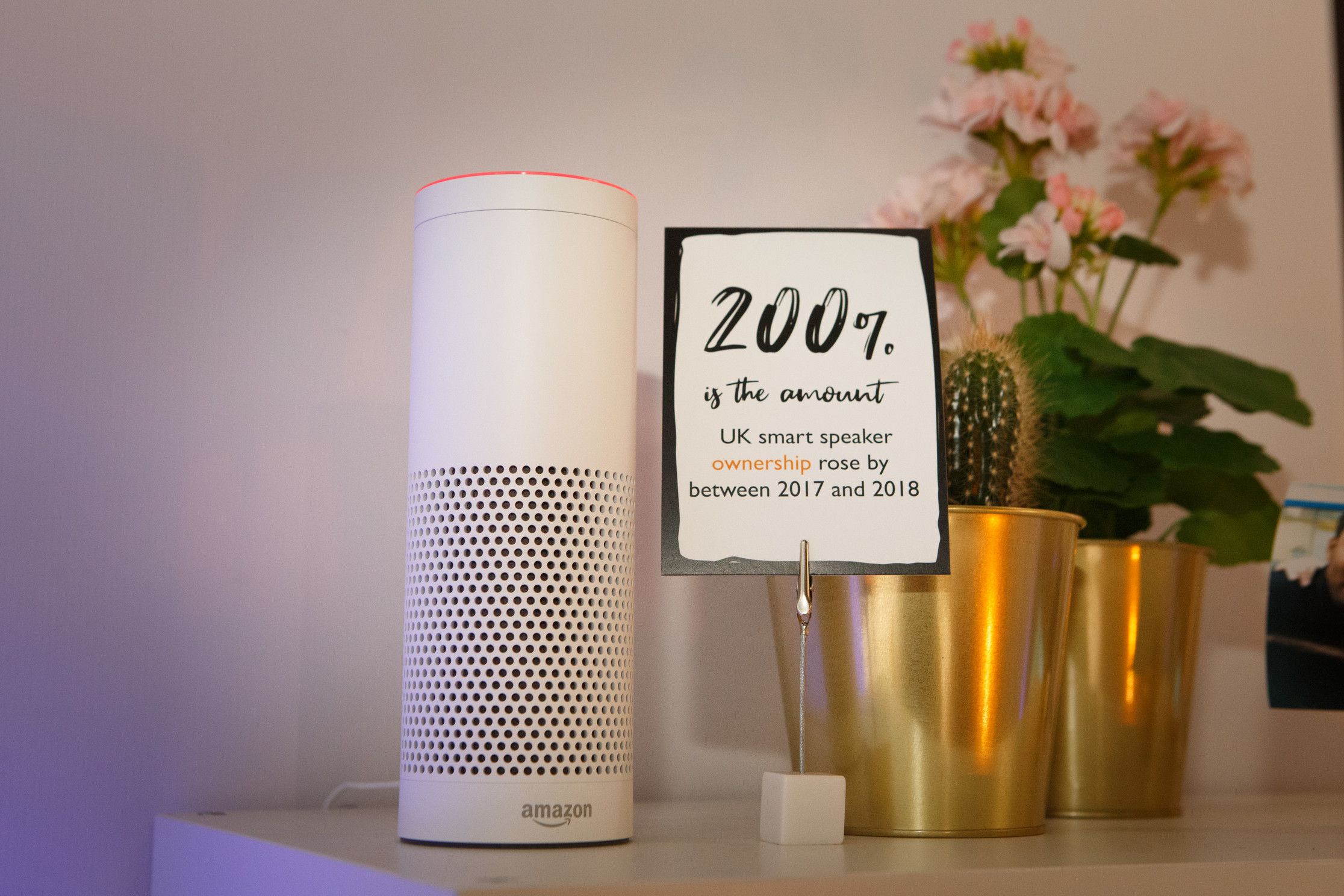
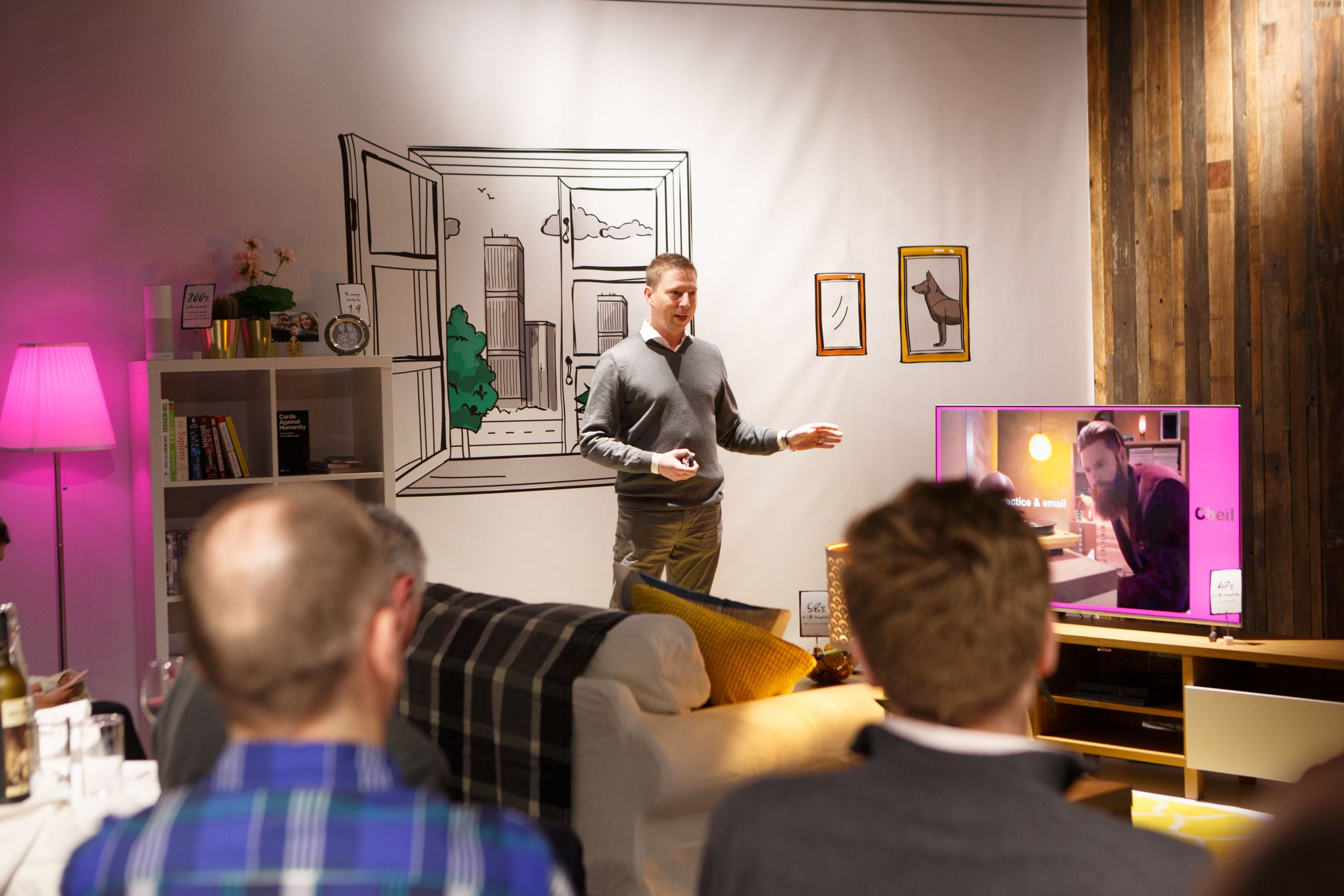
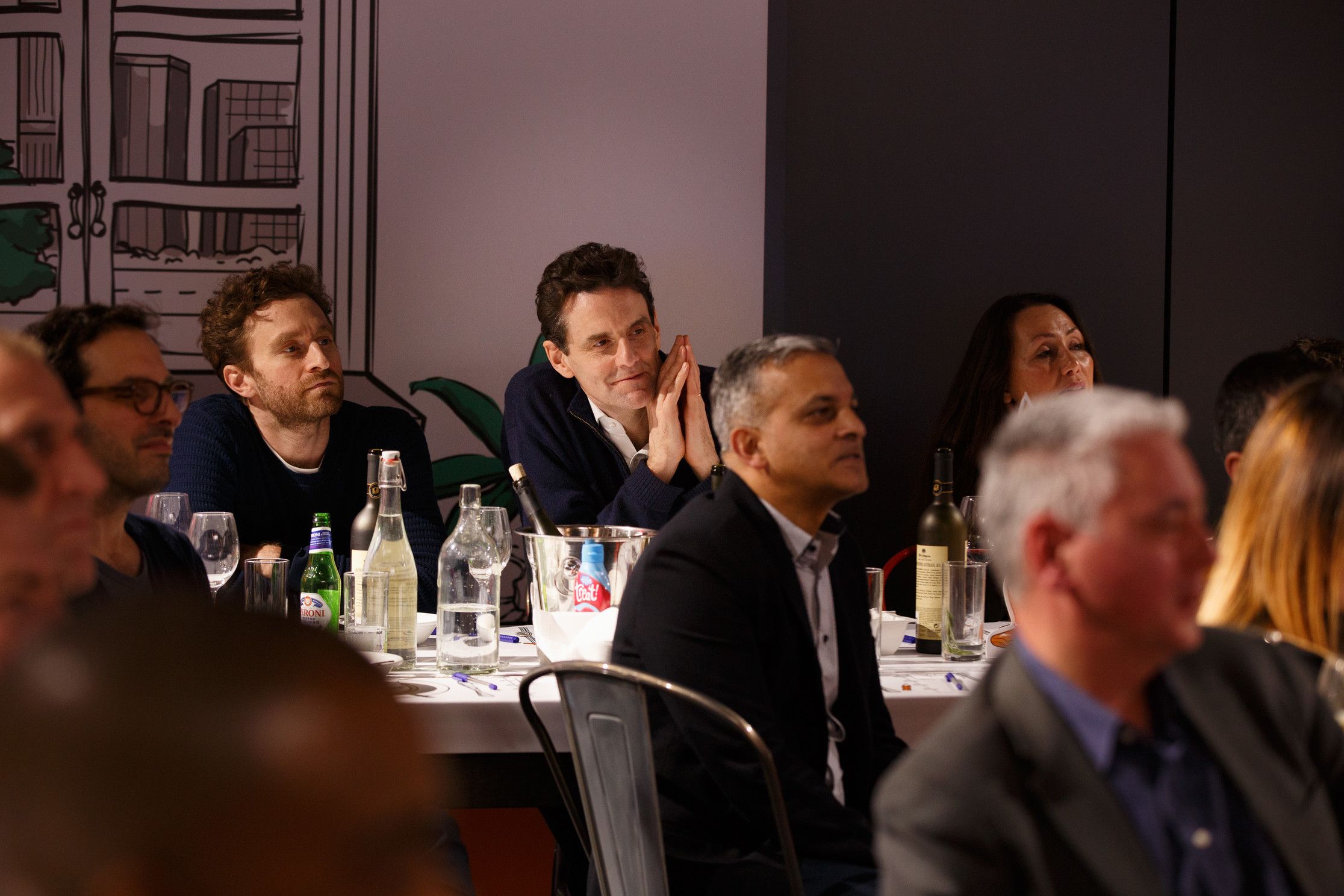
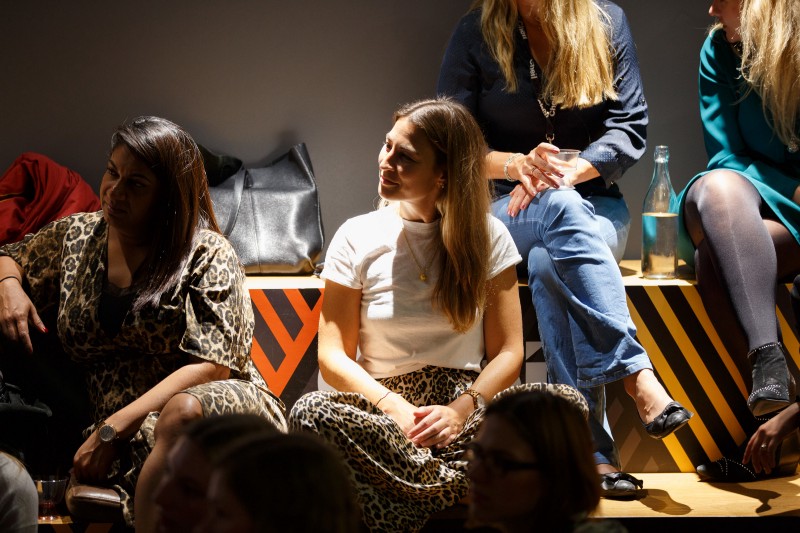
Nadira and Laura both had encouraging stuff to say about reaching out to other people in the industry. Laura urged us all to overcome our fears and actually approach industry figures for advice. “Go and meet people you admire!,” she said. “Really, really creative people often don’t get approached, but they love to talk, to so try sending them an email.”
Nadira had a different approach towards ‘networking’, saying it doesn’t just have to be about trying to connect with people at the very top of your industry.
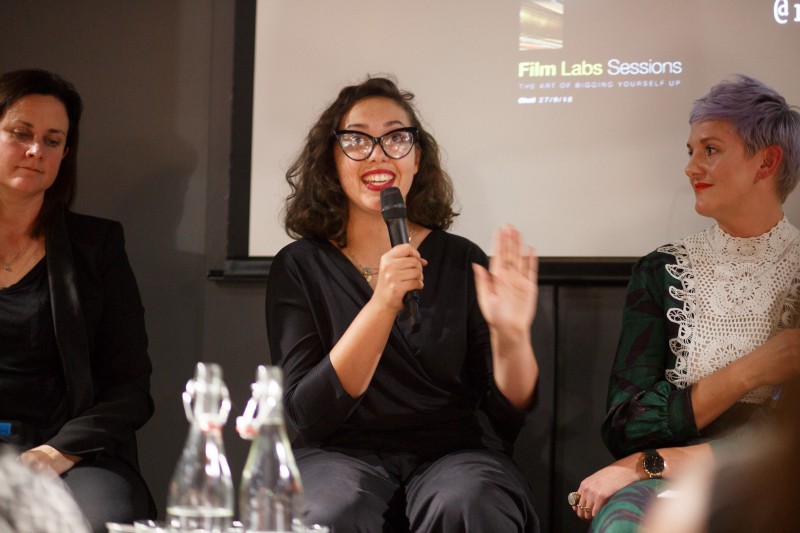
“There’s a myth that there’s a particular place you need to go to and connect with all these people and suddenly you’ll be a success,” she said. “Don’t just network up, network sideways — form genuine relationships which you foster without wanting a reward… From my personal experience all the best jobs I’ve got have come from situations where I’ve met people I really connected with. Your network should also be an emotional support network, that shouldn’t be separate from your professional life.”
Tash spoke about the value of being engaged in your workplace, even if you’re at the bottom of the food chain. “I treated everyone respectfully and talked to them on a personal level no matter who they are,” she said of her experience being a runner on a shoot. “That’s also networking, because you never know who you’ll meet again.”
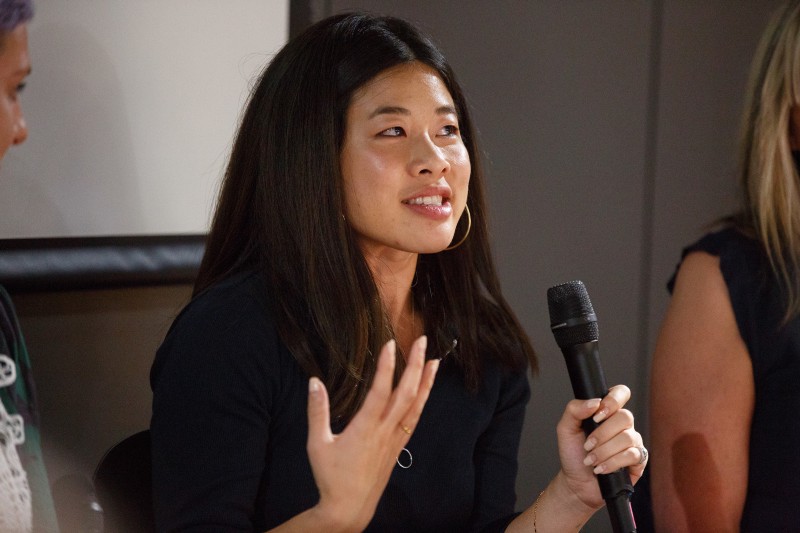
Sinead spoke bluntly and vitally about how we have to detach our emotional sides and push how valuable an asset we are, financially, to our company. “It’s important for women to talk about what we do and how it adds to the bottom line,” she said. “If you don’t say what contribution you make to the business they don’t notice you. Also if you do; it gives women you work with the confidence to do the same.”
Perhaps best of all, was that none of the women were apathetic or depressed about the state of the industry and genuinely felt that things were improving and changing.
“I’m very excited and optimistic,” Tash said. “There is a shift… soon there will be no differentiation between ‘directors’ and ‘female directors’. We’ll all just be directors.”
Laura agreed. “The film industry is very male dominated,” she acknowledged, “but women are surging through faster than you can imagine… I think it’s a really great time to be in the film business if you’re a woman.”
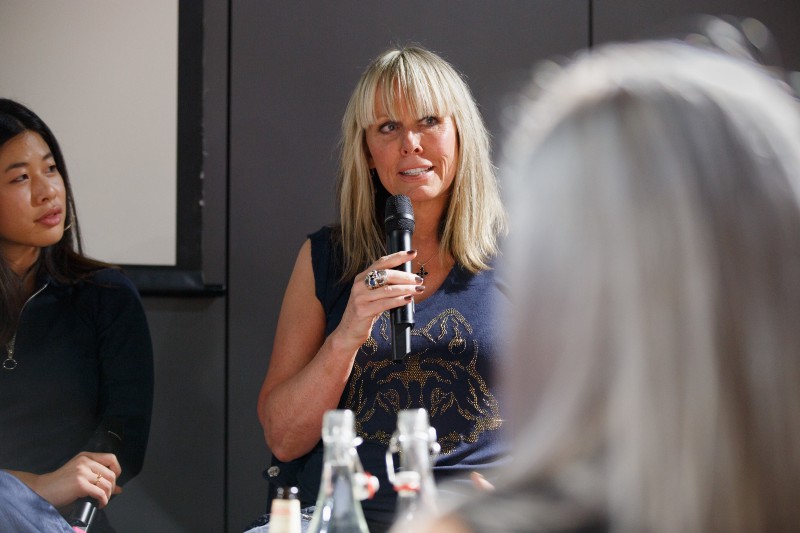
The whole night felt like a powerful, positive, unifying celebration of our strengths as women. And like Laura said, who cares about Big Dick Energy? It’s all about Fabulous Clit Energy, baby.
Keep your eyes peeled for the opening for entries of Cheil Film Labs’ next paid, 6-month placement scheme — due to start next January.
